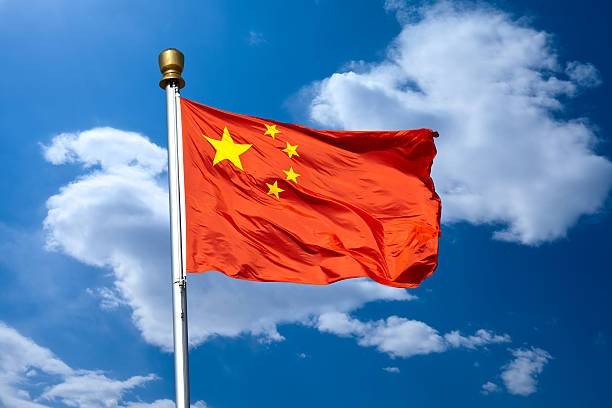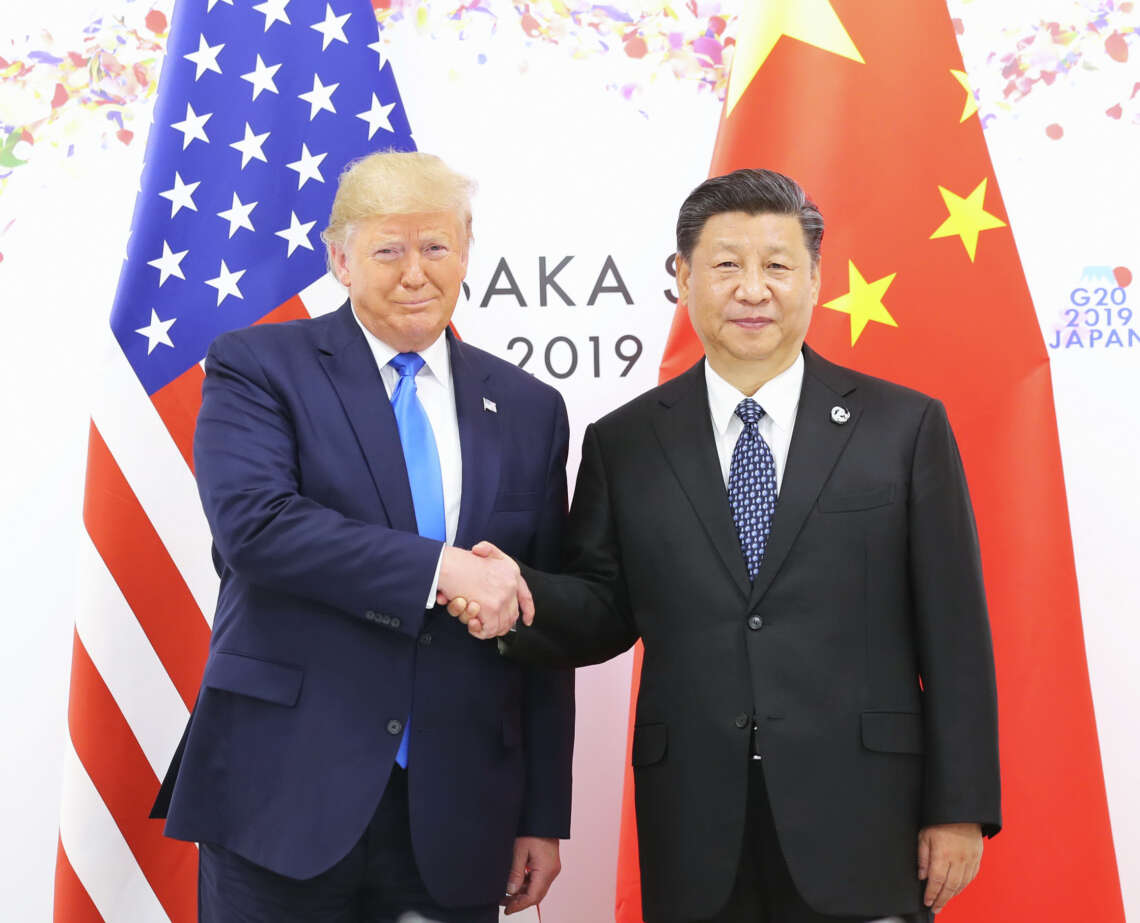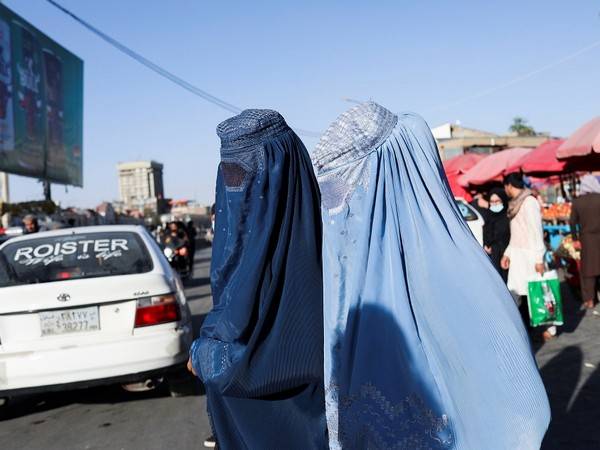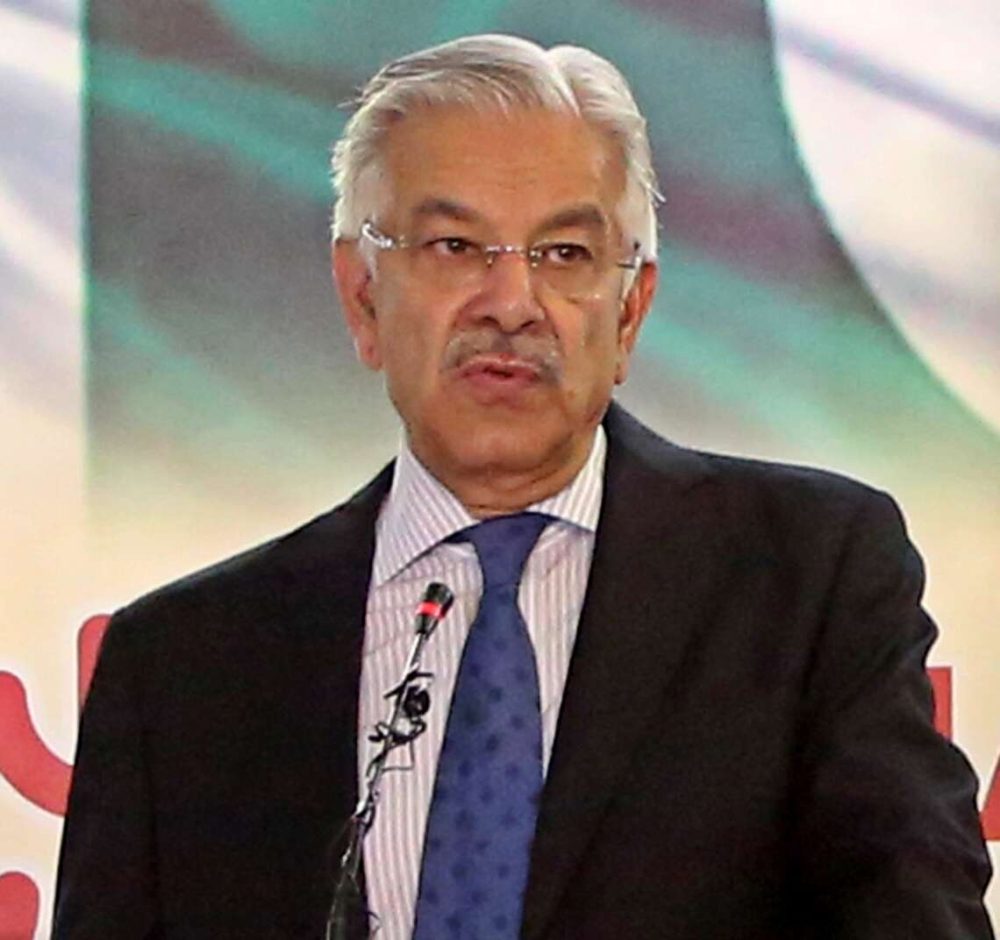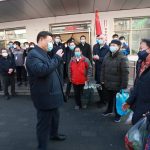The number includes well-known names like artist Ai Wei Wei and human rights lawyers Wang Yu and Wang Quanzhang, who were caught up in China’s 2015 crackdown on human rights defenders….reports Asian Lite News
Campaigners say China has ‘systematised arbitrary and secret detention’ by holding thousands of people under ‘Residential Surveillance at a Designated Location’ (RSDL), Al Jazeera reported.
Spain-based rights group Safeguard Defenders say that as many as 27,208 to 56,963 people have gone through China’s RSDL system since 2013, citing data from the Supreme People’s Court and the testimony of survivors and lawyers.
“These high profile cases obviously attract a lot of attention, but they shouldn’t detract from the fact that there’s no transparency. Collecting data that is available and analysing the trends, the estimate is that every year 4,000 to 5,000 people are disappeared into the RSDL system alone,” said Michael Caster, a co-founder of Safeguard Defenders, Al Jazeera reported.
Caster estimated that in 2020, between 10,000 and 15,000 people went through the system, up from just 500 in 2013.
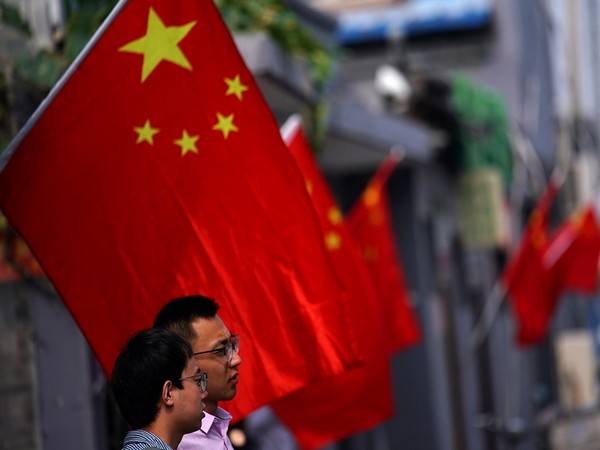
The number includes well-known names like artist Ai Wei Wei and human rights lawyers Wang Yu and Wang Quanzhang, who were caught up in China’s 2015 crackdown on human rights defenders.
Other foreigners have also gone through RSDL, like Peter Dahlin, a Swedish activist and co-founder of Safeguard Defenders, and Canadian missionaries Kevin and Julia Garrett, who were accused of espionage in 2014, the report said.
William Nee, a research and advocacy coordinator at China Human Rights Defenders, said that since RSDL was first employed almost a decade ago, use of the extrajudicial detention system has changed from an exception in its early days to a more widely used tool.
“Before, when Ai Wei Wei was taken away, they had to make an excuse that it was really about his business, or a tax issue or something like that. So there’s this trend, a decade or two ago, where they would use a pretence to detain someone when the real reason was their public participation or their political views,” said Nee, as per the report.
Communist Party members, state employees and anyone involved in ‘public affairs’ are held in a similar parallel system known as ‘liuzhi’.
Since its introduction in 2018, an estimated 10,000 to 20,000 people have been held in liuzhi each year, according to the UN Office of the High Commissioner on Human Rights, the report said.
Conditions under both RSDL and liuzhi have been described as tantamount to torture, and inmates are held without a right to legal counsel.
Sleep deprivation, isolation, solitary confinement, beatings, and forced stress positions have been reported by survivors of both systems, according to multiple rights groups.
In some cases, the inmates may be placed in an infamous “tiger chair” which restricts limb movement for days at a time, the report said.
Together, RSDL, liuzhi and similar extrajudicial procedures have “systematised arbitrary and secret detention”, said Caster, as per the report.


